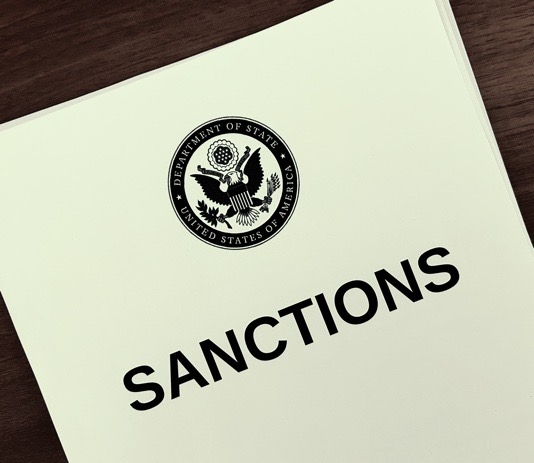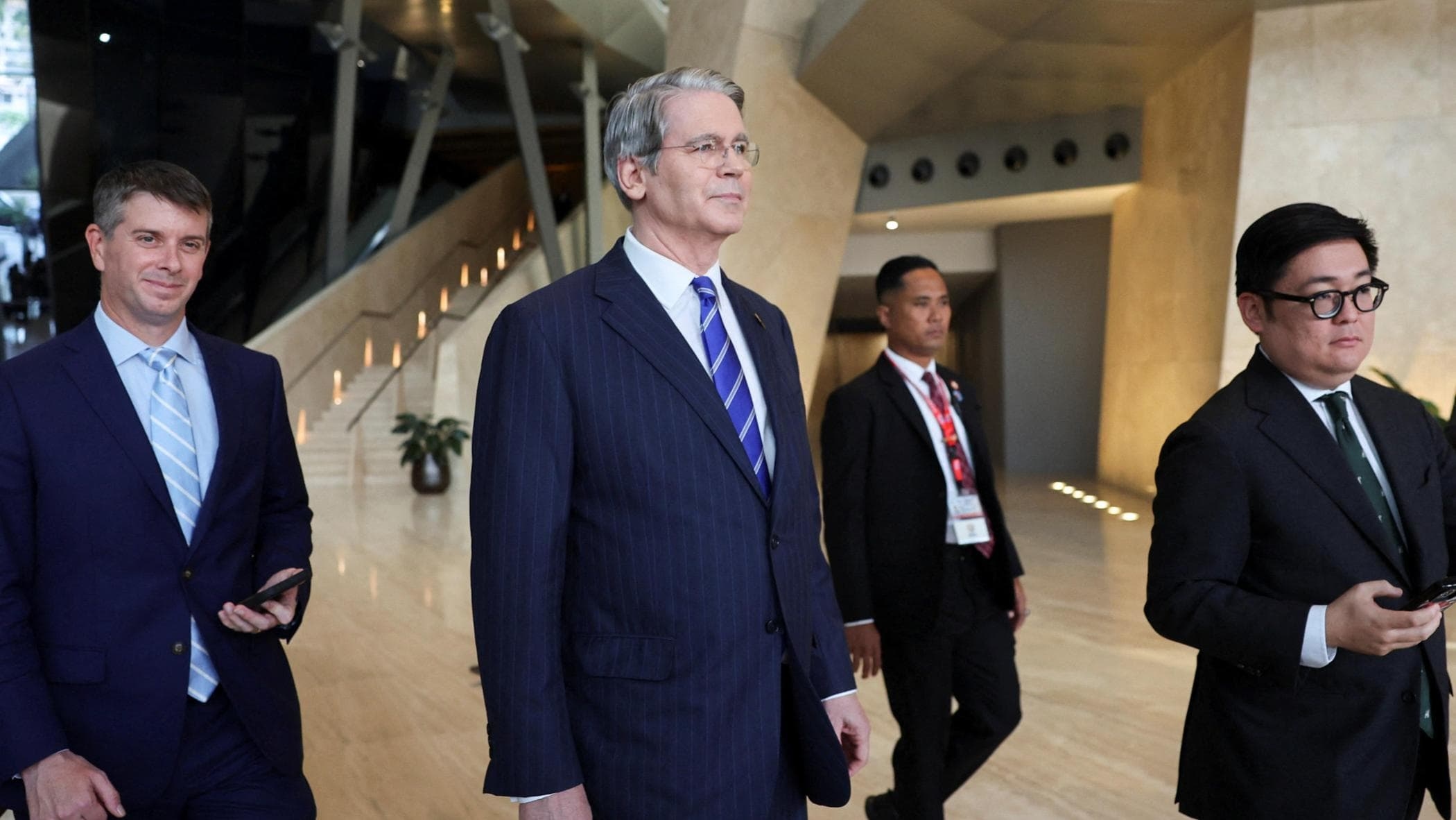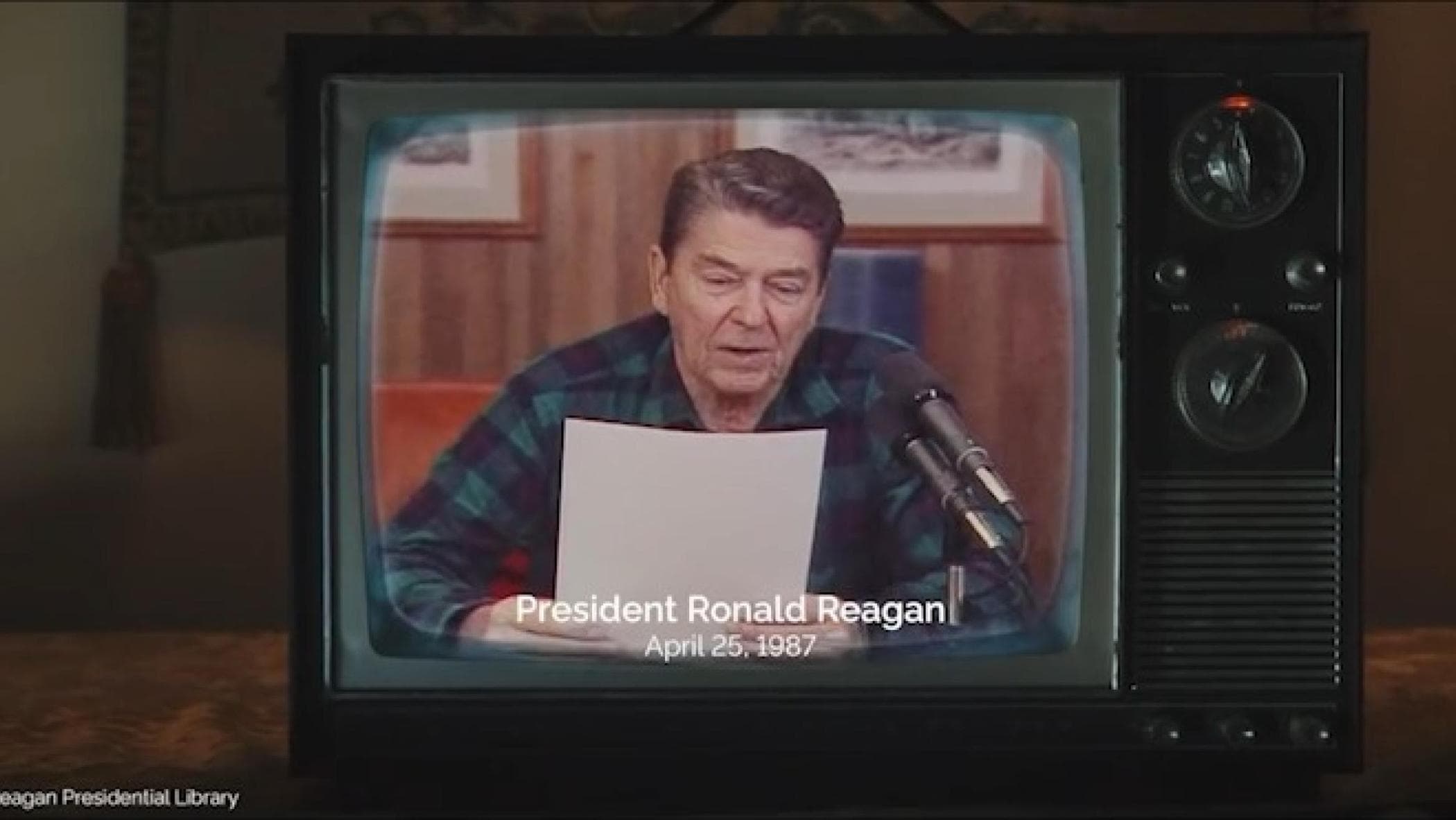Fee waived for lawyers who fail to properly inform their clients

Professional diligence manifests itself in various ways, even in the legal profession . Those who navigate laws, regulations, and codes every day know that there are boundaries that must not be crossed, under penalty of violating obligations of varying severity. A recent ruling by the Court of Cassation clarifies the risks faced by a lawyer who, in carrying out a client's mandate, fails to provide complete and exhaustive information on all the risks associated with filing a lawsuit. A case can be lost in court, and for this very reason, the professional is required to warn the client.
If he fails to do so, he cannot demand payment of the entire fee. In this case, the relationship of trust would be undermined, and the client cannot be forced to make a disproportionate financial sacrifice. Let's briefly review the contents of ruling no. 25889 , which—in addition to resolving the specific case—offers a general guiding principle for client-lawyer relationships.
The case against the former lawyerIt all started with a civil case regarding a donation, which ended unfavorably for a woman who, after losing, received a demand from her former lawyer for over 13 thousand euros .
Convinced that she did not have to pay that sum , the client opposed the payment order, initiating a new lawsuit and claiming that the lawyer had never warned her of the concrete risk of losing the case.
Before the judge, the woman relied on a crucial element: the testimony of the law firm's former secretary , who confirmed that the lawyer had never explained to the client the real likelihood of losing the case. But, as is well known, no case is won from the outset .
The civil court's decision, however, was unsatisfactory for the woman. The judge recognized her right not to pay the entire fee, but reduced it by only a few hundred euros .
He held that, in light of the facts that had emerged, the client would have chosen to take legal action even if she had been informed of the risks. This was sufficient, according to the magistrate, to justify a substantial fee for the lawyer's work.
Why the Supreme Court rejected the sentenceThe dispute finally reached the Court of Cassation, where the woman obtained a decision in her favor.
The Supreme Court judges deemed the logical-legal reasoning of the lower court to be incorrect, as it had assumed that the appellant would have initiated legal action anyway simply because, after losing at first instance, she had filed an appeal.
However, the Court observed, this was an inference without solid foundation . The woman's subsequent behavior could not be used to reconstruct her initial intentions .
In essence, the filing of the appeal had no value in establishing what the client would have chosen to do if, at the time, she had been adequately informed of the risk of losing.
This means that, from an ethical perspective, not only the lawyer who was reluctant to provide the necessary information was wrong, but also the judge who ordered a minimal reduction in the fee.
At issue is in fact the violation of Article 2729 of the Civil Code , according to which presumptions must always be based on “serious, precise and consistent” facts.
The Court clarified that the appeal alone was not sufficient to satisfy these requirements and therefore to demonstrate that the client would have decided to take legal action anyway, even if she had been correctly and promptly informed.
The lawyer must always tell the client all the risksDefending and protecting your client's rights does not only mean carrying out technical activities , in and out of the courtroom.
It means, first of all, respecting a professional duty of loyalty based on Article 1176 of the Civil Code , which requires professionals to exercise an average level of diligence appropriate to the nature of the assignment. And that's not all.
Like the Forensic Code of Ethics (art. 27), the same legal professional law no. 247/2012 in art. 13 explains that:
The professional is required, in compliance with the principle of transparency, to disclose to the client the complexity of the assignment, providing all relevant information regarding the expected costs from the time of assignment to the conclusion of the assignment. The professional is also required to communicate in writing to the person awarding the professional assignment the expected cost of the service, distinguishing between charges, expenses, including flat-rate ones, and professional fees.
In practice, the lawyer cannot remain silent about elements that could induce the client not to entrust him with the task by contract or to renounce legal action.
The client must be enabled to make an informed choice, evaluating the costs, benefits, and risks of litigation in advance.
And communication must always be in writing. Otherwise, the quality of the professional service declines, with inevitable consequences for compensation (and, in some cases, the client gets a lawyer for free ).
The Court of Cassation also explains that the final decision on calculating the compensation will be up to the referring judge, who will have to apply these principles in practice.
What changes with the new rulingThe Supreme Court's ruling 25889/2025 teaches us that the client-lawyer relationship is based on an essential element: mutual trust . But trust alone is not enough.
It must be fueled by transparency and honest communication , especially when dealing with the uncertainties of a case. The client is not a mere spectator in the process, but must be fully aware of the choices that affect them.
Let's imagine a typical condominium situation. A lawyer advises his client to take legal action to obtain compensation from a neighbor, but fails to explain that the evidence of damages is weak and that the case could end with an order for legal costs.
Well, the client, trusting in the lawyer's positive opinion, decides to proceed and loses the case, finding himself having to pay both his own lawyer and the opposing party's costs.
In cases like this, the lawyer is not entitled to demand full compensation for work he would not have otherwise performed. Silence is not excused; rather, it is a breach of contract that directly impacts the quality of the service and the right to payment.
But even if it cannot be proven that, with adequate information, legal action would not have been taken, the lawyer's negligence must still be assessed negatively.
In practical terms, the judge will be able to reduce the amount of the fee , in a variable amount and proportionate to all the concrete elements and to the seriousness of the omission.
In conclusion, a lawyer who fails to warn of procedural risks violates a fundamental obligation of his profession. And as with the case of a lawyer's error , that failure can cost him dearly, even his entire fee.
QuiFinanza





